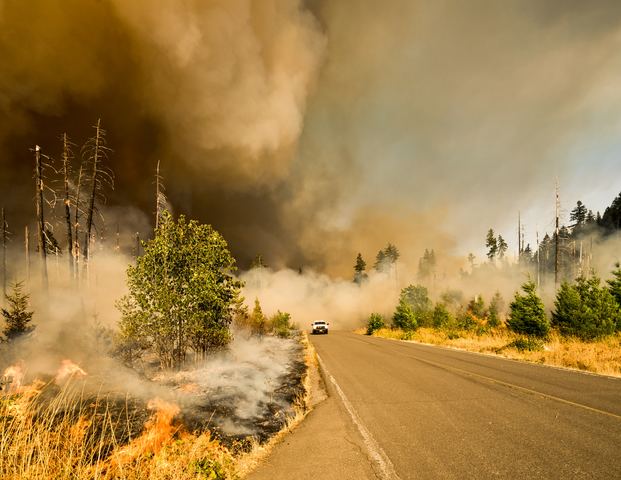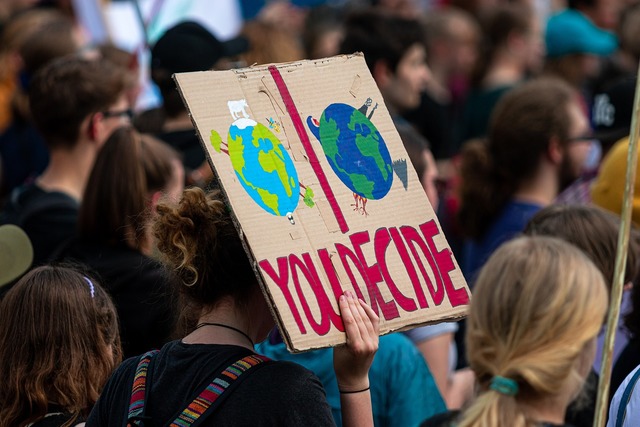Dr Ana María Durán Quesada
Professor, School of Physics and Environmental Pollution Research Center, Universidad de Costa Rica
Information about severe weather and extreme climatic events flood the media, and concerns on the impacts of such events on food and energy security, ecosystems, health, and economy continuously tell us the story of an uncertain and obscure future. The aftermath of the impacts of climate variability and change is no different from post-apocalyptic stories in many media outlets. We are, literally, walking on thin ice, with very limited options for a brighter future for us and the next generations.
In this maze, differentiating facts from fake news and manipulated information is becoming more and more difficult. After all, chaotic scenarios sell; bad news is good for clickbait; and blaming climate change for everything that is going wrong is a convenient political tool. In this reality we live in, resorting to science for enlightenment seems like a rational choice, even when we are aware of the politicians’ disdain for science. To fight against misinformation and manipulation, science provides us with facts and evidence to demonstrate the state of our climate system and how our livelihood and ecosystems are being affected by the changes in the hydrological cycle. We like to think of science as neutral, embedded in a system in which we are all equal and contribute with the discovery and generation of knowledge to create a better future. In the quest for exploration and creation to better understanding how climate variability and change affect us and fostering the development of tools to improve decision and policy making, data becomes essential.

Megha Kaveri
We live at a time in which articles, pictures and videos of extreme weather events dominate the media and our memories. From flash floods and rapidly advancing cyclones to wildfires and heatwaves, the effects of climatic extremes are broad and devastating.
Extreme weather events are defined as discrete episodes of extreme weather or unusual climate conditions, often associated with deleterious impacts on society or natural systems, defined using some metric to characterize either the meteorological characteristics of the event or the consequent impacts.
While scientists have attributed a part of the current spate of extreme weather events to El Niño, a much bigger driver of these events is climate change. Additionally, scientists have also warned that in the coming years, these extreme weather events are only likely to continue and worsen.
Extreme weather events, while causing severe damage to people’s lives and property, also have lasting impacts on food production, public health, education, ecology and biodiversity, geography, and indigenous communities. To protect the planet and communities from perennial damage, it is crucial to empower decisionmakers with the right information. The evidence that will form the basis of such information is built by scientific research.
Robust science and research will contribute to improving the existing knowledge about climate and extreme weather events which, in turn, will help stakeholders to achieve climate-related SDGs.


